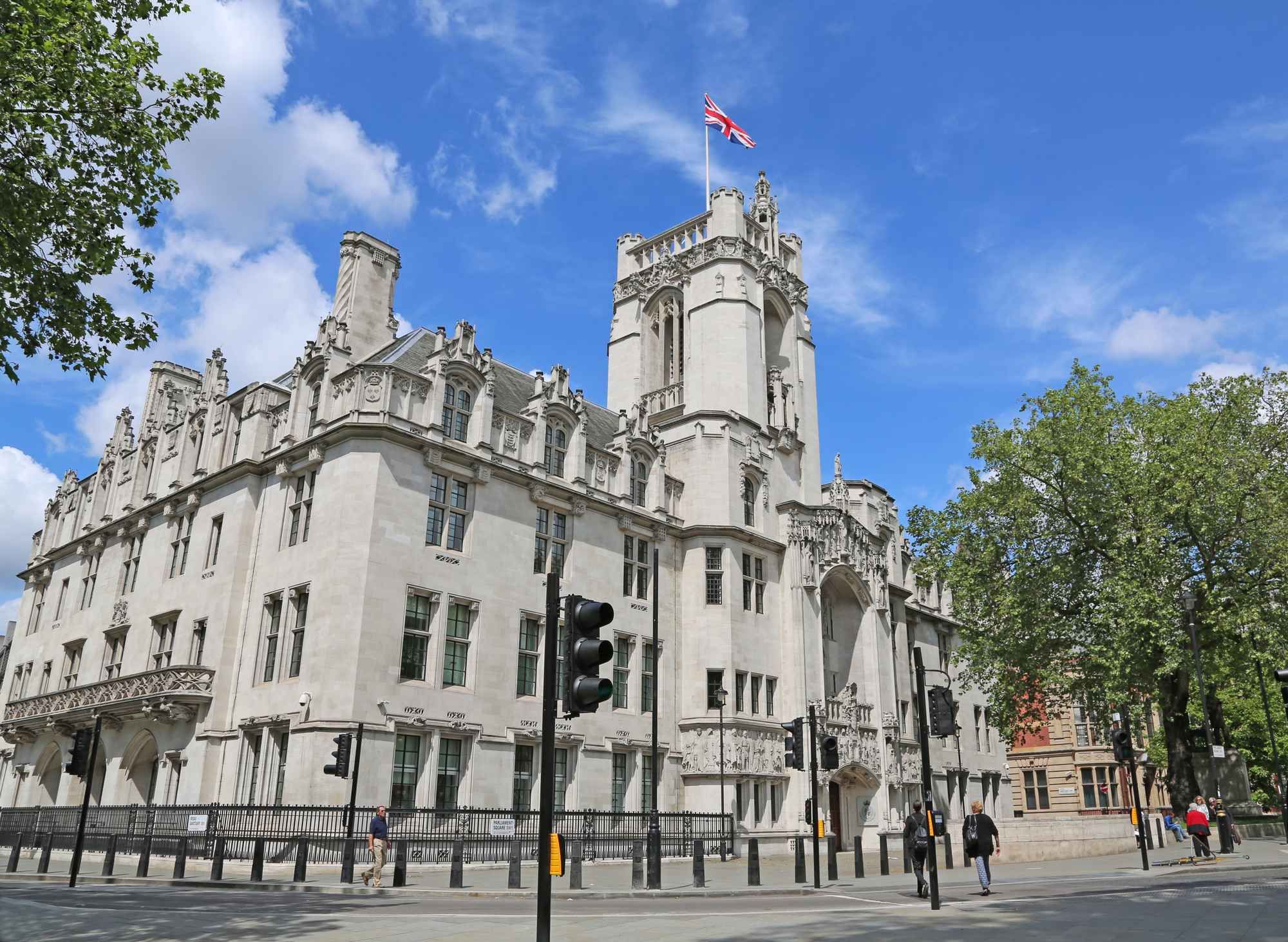Top Class Actions’s website and social media posts use affiliate links. If you make a purchase using such links, we may receive a commission, but it will not result in any additional charges to you. Please review our Affiliate Link Disclosure for more information.

The Supreme Court’s ruling that a class action lawsuit over Mastercard fees could proceed has possibly lowered the bar for class action certifications and, as a result, may lead to an increase in similar cases being filed.
The Mastercard Class Action Lawsuit
The U.K. Supreme Court in December ruled a £14 billion class action lawsuit could move forward against Mastercard.
The class action lawsuit alleges the company overcharged at least 46 million people in the U.K. between 1992 and 2008 via merchant swipe fees.
The legal action takes issue with interchange fees payment card companies charging merchants’ banks in order to cover costs such as security and payment card services.
The class action lawsuit was filed after Mastercard lost its appeal over a 2007 ruling by the European Commission that the company’s fees were anti-competitive and infringed upon EU competition law.
The recent Supreme Court ruling means the class action lawsuit is being sent back to the Competition Appeal Tribunal (CAT), which refused to certify the case in 2017 due to its complexities.
The CAT oversees collective actions in the U.K. filed over alleged U.K. or EU competition law breaches.
The tribunal will now reconsider certifying the case and granting the order that will allow the case to move on to the trial phase.
If the case is successful, each Class Member could be eligible to receive £300.
Consumer Rights Act Opens Door For Class Action Lawsuits
The Mastercard class action lawsuit was among the first to be filed in the U.K. under the Consumer Rights Act 2015.
The Consumer Rights Act was introduced by lawmakers as a means of giving consumers a way to pursue class action lawsuits against companies they alleged to have anti-competitive practices.
Class action lawsuits brought under the Consumer Rights Act are designed to automatically include everyone who is eligible unless they exclude themselves from the litigation. This is similar to how many class action lawsuits are structured in the United States.
What This Means for Future Cases
Some lawyers have said the Supreme Court’s ruling in the Mastercard case will lead to an increase in the number of class action lawsuits filed in the U.K., the Financial Times reported. Some cases had been on hold until the court announced its decision.
“This is a critical judgment in terms of unlocking the current logjam with the class action regime,” Kate Pollock, head of competition litigation at law firm Stewarts, told the Financial Times. “Potential class actions relating to trucks, railway tickets and [foreign exchange] should now be able to proceed.”
Lawyer Louise Freeman told Bloomberg Quint the Supreme Court’s ruling lowers the standard for similar collective-action cases, and means “it is not the job of the Competition Appeal Tribunal to set up too many hurdles.”
Rocio Concha, director of Policy and Advocacy with consumer watchdog Which?, called the Mastercard decision an “important win for consumers.”
“From today, the route to collective redress will be fairer, simpler and more attainable, and many cases that are currently on hold will be able to proceed to trial, ensuring victims of anti-competitive behaviour can get the justice they deserve,” she said.
However, while some say class action lawsuits are an effective way for consumers to receive compensation if their individual claims are too small to justify the legal costs involved, critics say this type of litigation encourages consumers to file claims that have no merit, according to a Reuters report.
Following the Supreme Court’s ruling, Mastercard issued a statement saying it “fundamentally” disagreed with the court.
“No U.K. consumers have asked for this claim,” the company said, according to the Financial Times. “It is being driven by ‘hit and hope’ U.S. lawyers, backed by organisations primarily focused on making money for themselves.”
But the ruling means the CAT, tasked with identifying claims that are frivolous, now has a standard by which to evaluate other cases, according to a piece by the Financial Times editorial board.
Firms funding litigation — like the one funding the Mastercard class action lawsuit — receive a share of the damages awarded in successful cases.
While these firms should be under careful scrutiny, the editorial board wrote, class action lawsuits should be allowed to move forward as long as the claims being made have merit.
The Financial Times editorial board said with large corporations becoming increasingly powerful, competition law must be enforced, and the threat of having to pay consumer damages in addition to regulatory fines may help restore trust.
Do you think the Supreme Court’s ruling in the Mastercard case will lead to more class action lawsuits being filed in the U.K.? Tell us what you think in the comment section below.
Check back daily for the most recent U.K. class action lawsuit and consumer protection news.
Read More Lawsuit & Settlement News:
ATTORNEY ADVERTISING
Top Class Actions is a Proud Member of the American Bar Association
LEGAL INFORMATION IS NOT LEGAL ADVICE
Top Class Actions Legal Statement
©2008 – 2024 Top Class Actions® LLC
Various Trademarks held by their respective owners
This website is not intended for viewing or usage by European Union citizens.















